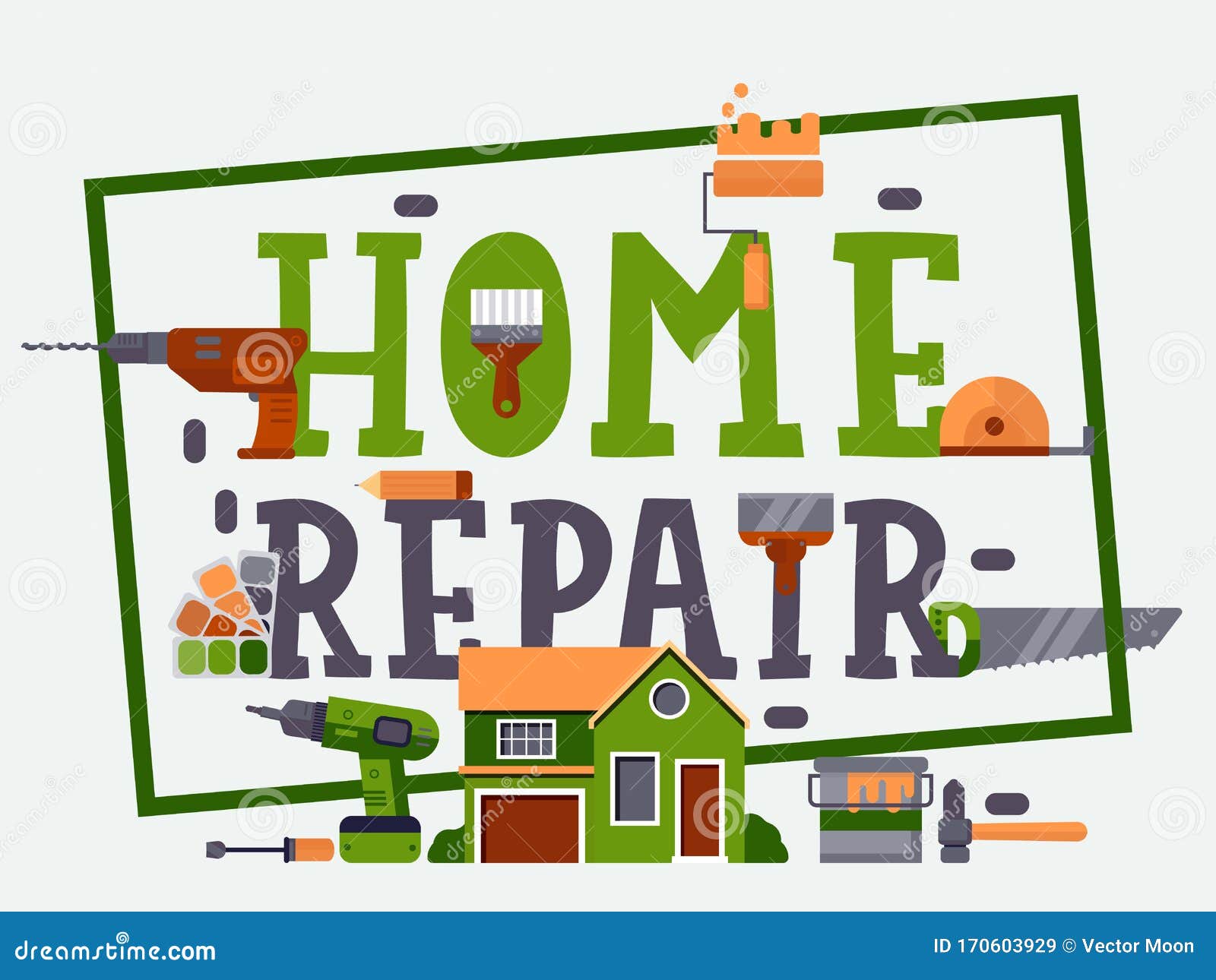Exploring the Best Desk Materials for Your Workspace: Wood, Metal, Glass, and More
Choosing the right desk material can significantly impact both the functionality and the aesthetic of your workspace. Whether you're setting up an office or looking to revamp your home study area, the desk you select acts as a focal point and can influence productivity and comfort. Here, we delve into various materials like wood, metal, glass, and others, analyzing their characteristics, benefits, and ideal settings to help you make an informed decision.
Wood: Classic Elegance and Durability
Wooden desks are timeless and often come in various types like oak, walnut, cherry, maple, and pine, each offering different grains and colors.
- Durability: Solid wood desks are particularly durable, capable of lasting for decades with proper care. Oak and maple are known for their strength and resistance to daily wear and tear.
- Aesthetics: Wood brings warmth and a natural touch to any office. It's great for traditional, rustic, or minimalist settings, adapting well to various decor styles.
- Maintenance: Requires occasional polishing or oiling to maintain its look, but scratches and dents can often be repaired or become part of its patina over time.
- Environmental Impact: Opt for sustainably sourced wood or reclaimed wood to reduce the environmental footprint. FSC-certified wood ensures responsible forest management.
- Cost: Can vary widely; pine desks are more budget-friendly while exotic woods can be quite costly.
Metal: Modern, Robust, and Industrial
Metal desks, often made from steel or aluminum, convey a modern, industrial feel.
- Strength: Metal desks are incredibly strong, often recommended for environments where heavy equipment might be used. They are less prone to damage from office chairs or daily use.
- Design Versatility: Metal allows for sleek, clean lines, making it ideal for modern or industrial office designs. It can be painted in numerous colors too.
- Maintenance: Typically, metal is easy to maintain; a simple wipe down with a microfiber cloth will do for most spills and dust.
- Drawbacks: They can feel cold in winter, and if not treated, might be susceptible to rust. Powder coating or galvanizing can prevent this issue.
- Customization: Highly customizable in terms of size and shape due to the material's inherent versatility.
Glass: Airy Sophistication and Space Illusion
Glass desks provide a light, open feel, making a room seem larger:
- Visibility: Glass does not reflect light but rather lets it pass through, which can make a room feel more open and airy.
- Cleanliness: While glass shows fingerprints and smudges easily, it's also simpler to clean with glass cleaner.
- Modern Aesthetic: Ideal for those looking to create an office with a contemporary, minimalistic vibe.
- Structural Concerns: Ensure the glass is tempered for safety. A strong frame is necessary as glass alone can be less robust.
- Privacy: Clear glass desks might not be ideal if privacy is a concern, though frosted or tinted variations exist for this purpose.
Other Innovative Materials
Composite and Engineered Wood
Materials like MDF (Medium Density Fiberboard) or particleboard, often with veneer or laminate finishes:
- Budget-Friendly: Often significantly cheaper than solid wood but can mimic its look.
- Options: Comes in various finishes to suit different aesthetic preferences.
- Downsides: Can be less durable, and water damage can cause significant issues. Always check for quality and resistance treatments.
Plexiglass and Acrylic
Similar to glass but with different properties:
- Weight: Much lighter than glass, making relocation and assembly easier.
- Shock Resistance: Less likely to shatter or crack, offering a good alternative for high-use areas.
- Maintenance: Like glass, it needs frequent cleaning to keep it looking pristine.
Recycled Materials
More environmentally conscious options include desks made from recycled:
- Plastics and Metals: Repurposed into durable, unique desks with personality and sustainability credentials.
- Impact: They decrease waste while offering innovative looks and helping to promote eco-friendly practices.
Making Your Choice
When selecting desk materials, consider:
- Work Environment: An office with many clients or guests might benefit from the elegance of wood or glass, while industrial settings might lean towards metal.
- Personal Style: Your taste in design will heavily influence whether you opt for the classic look of wood, the minimalistic appeal of glass, or the robustness of metal.
- Practicality: Consider how the desk will be used. Frequent pen or marker users might find glass or acrylic less practical due to smudge concerns.
- Maintenance: Your eagerness to clean and maintain your furniture should play a role; glass needs frequent attention while metal might require less.
- Sustainability: Modern consumers are increasingly choosing items that align with eco-friendly practices.
In conclusion, the choice of desk material should reflect not just professional needs but personal taste, practical considerations, and environmental concerns. From the warmth of wood to the robustness of metal or the airy feel of glass, there's a perfect material for every workspace. Make an informed choice, understanding that the desk you pick will be an integral part of your daily work life.


